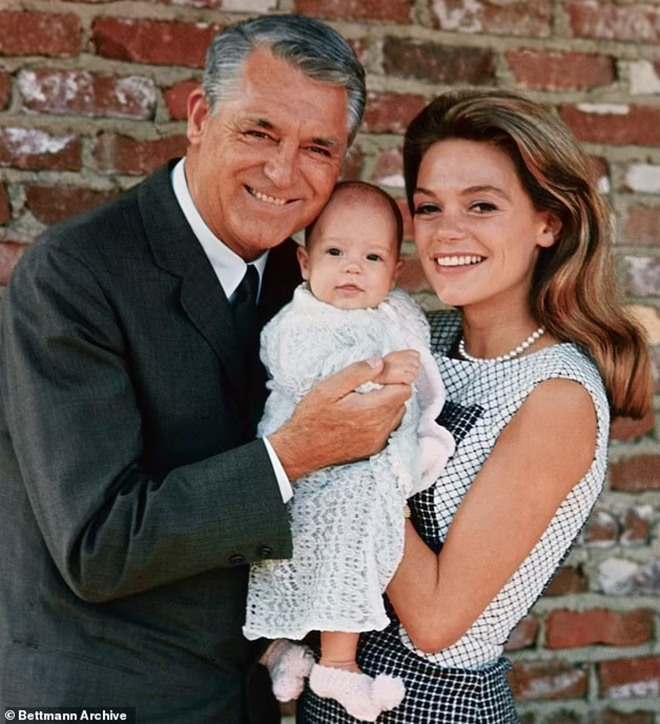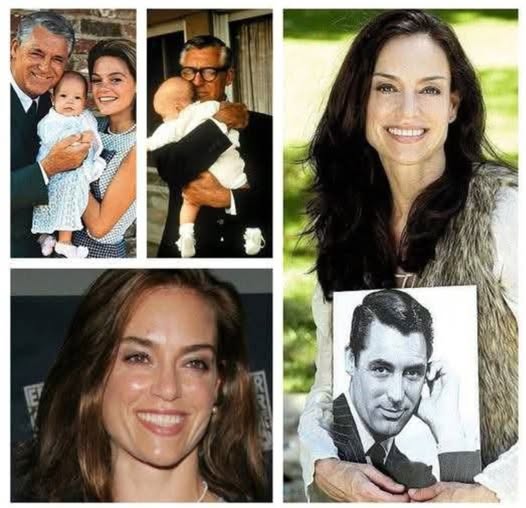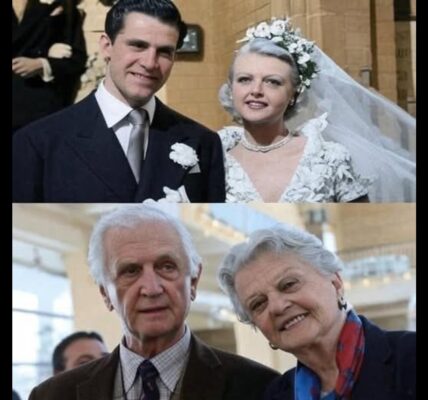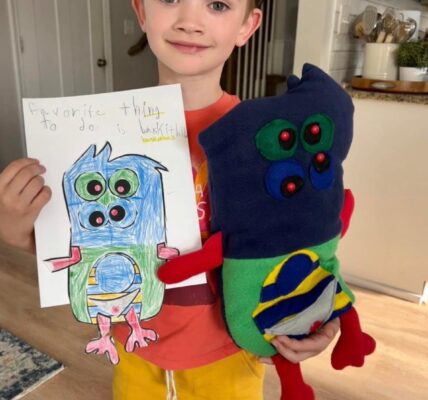
Cary Grant’s Greatest Role
By the time his daughter Jennifer was born in 1966, Cary Grant was already a legend. At 62, he had built a career defined by charm, elegance, and that effortless charisma no one could quite replicate. On screen, he seemed untouchable—a man polished to a high gloss, winking at life’s absurdities from a pedestal the rest of us couldn’t reach.
But Jennifer changed all of that.
From the moment she arrived, the center of gravity in his life shifted entirely. The man who once commanded stages and screens across the world now found his greatest joy in a crib beside his bed. Not long after she was born, Cary Grant did something unthinkable for most movie stars: he walked away. At the very height of his fame, with studios still clamoring for him, he quietly retired.
When reporters pressed him on why he’d chosen to vanish from Hollywood while still at the top of his game, his answer was beautifully simple.
“I’ve had my time in the spotlight. Now I want to watch my daughter grow up.”
And he meant it. This wasn’t the sort of publicity-friendly quote meant to soften a career slowdown. Cary Grant’s retirement was sincere, total, and devoted. While his peers chased roles and Oscars well into their seventies, he spent his remaining two decades doing the kind of things that rarely make magazine covers: driving carpool, flipping pancakes on Saturday mornings, waiting on uncomfortable folding chairs at parent-teacher meetings.
His friends were astonished. They described how utterly, almost boyishly enchanted Cary was by fatherhood. Here was a man who had been the epitome of suave detachment, suddenly reveling in bedtime stories, small science experiments, and silly private jokes. “She made me a better man,” he confessed more than once.
Jennifer Grant, years later, would share their story in her memoir Good Stuff. It’s a book not about a movie star, but about a dad—one who scribbled goofy notes to slip into her lunchbox, who encouraged her to read poetry and watch old black-and-white films, who never once hinted that she should follow his path into fame.
“He wasn’t Cary Grant to me,” Jennifer wrote.

“He was just my dad. Funny, protective, and sometimes very silly.”
She remembered how he danced around the kitchen, how he stressed the importance of good manners not because of appearances, but because they were a way to be kind. How he urged her to be curious about the world, to look people in the eye and really listen.
Their bond stayed tender and close until the end. When Cary Grant died in 1986, Jennifer was only twenty. It was far too soon to lose him—but by then, he had already given her the greatest gift: his undivided presence.
In the end, Cary Grant’s final act wasn’t a film at all. It was a quiet, everyday story written in the small, ordinary moments that only a devoted father and daughter would ever fully know. It was breakfasts and school recitals, shared laughter and gentle lessons. Not a performance for the cameras, but a life lived close, attentive, and full of love.
And maybe that’s the truest measure of a life well spent—not in applause, but in the tender echoes of someone whispering, “He was just my dad.”




